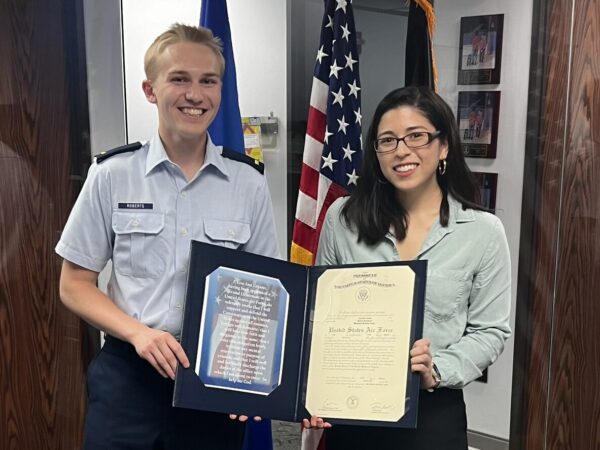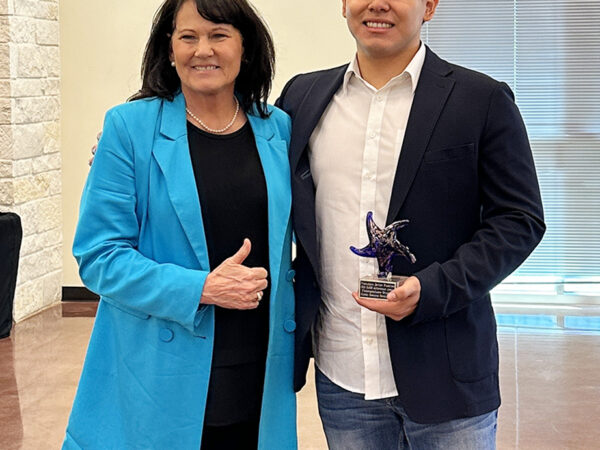Grief And Children In The Classroom
It has been described as the most traumatic thing that can happen in a child’s life. One out of every 20 children aged 15 and younger will suffer the loss of one or both parents. 1.5 million children are living in a single-parent household because of the death of a parent.
Parental loss can also have an impact in the classroom. A recent study found that close to 70 percent of teachers taught at least one student who lost a parent, guardian, sibling or close friend within the last year.
Elizabeth Ducy was one of those teachers. She was in her second year of teaching when two of her students lost their mother. Ducy was not sure how to handle the situation.
“There were things that I did instinctively, but I always questioned whether I was doing the right thing. I had not gotten any preparation or advice on how to approach grieving students in the classroom.”
Ducy began looking into research involving grieving students in the classroom and how teachers address grief while she was a doctoral student in the educational psychology program at Texas A&M. Working with associate professor Laura Stough, Ducy found a lack of literature on the topic, specifically for children with intellectual disabilities.
There’s this ongoing misconception that people with intellectual disabilities are not able to actually grieve and acknowledge a loss,” she explained. “Grief is a universal experience. Everyone can feel and encounter it, but it’s going to look very different on a very individual basis.”
Through their research, Ducy and Stough interviewed special education teachers of elementary students with intellectual disabilities who had lost a parent or caregiver.
Teachers described their students as demonstrating a range of behaviors including crying, yelling, hitting and throwing objects. They also noticed some students regressed on educational goals including following directions, completing routines and social skills.
“Children with disabilities have many areas of their lives that are impacted,” explained Stough. “A parent may be responsible for the majority of support for that child – taking them to therapists, communicating with the special education teacher, taking them to different activities. The child not only loses emotional support, but can lose important instrumental support when a parent dies.”
Teachers knew they needed to address their students’ grief, but were unsure how to do so. In many cases, they were simply present for their students, providing comfort and support and answering any questions that arose.
Teachers in the study voiced concerns about facing these situations without preparation because they never received grief training as part of their teacher education program.
“Teachers are in a prime position to support grieving students. We need to make sure we are supporting their skills and supporting them being able to support their students who are grieving,” said Ducy, now a faculty member at Sonoma State University.
For Stough and Ducy, teacher training needs to start in the pre-service phase and continue through professional development activities. Addressing children’s grief also involves collaboration – mental health professionals contributing their expertise on grief counseling while special educators contributing knowledge on the communication and emotional needs of their students.
“If you have a good system of school personnel that do a good job at communicating with each other, they can alert other teachers, administrators and staff about what is occurring with the child,” explained Stough. “That can really go a long way towards providing support because grieving children might reach out and speak to someone that isn’t their teacher or counselor.”
You can read more about Stough and Ducy’s research here: tx.ag/grief.
For more information about Children’s Grief Awareness Day, visit childrensgriefawarenessday.org.
About the Writer
Ashley is the Media Relations Coordinator and responsible for news coverage in the Department of Teaching, Learning and Culture as well as the Department of Educational Psychology.
Articles by AshleyFor media inquiries, contact Ashley Green.
Fundraising
To learn more about how you can assist in fundraising, contact Amy Hurley, Director of Development ahurley@txamfoundation.com or 979-847-9455














